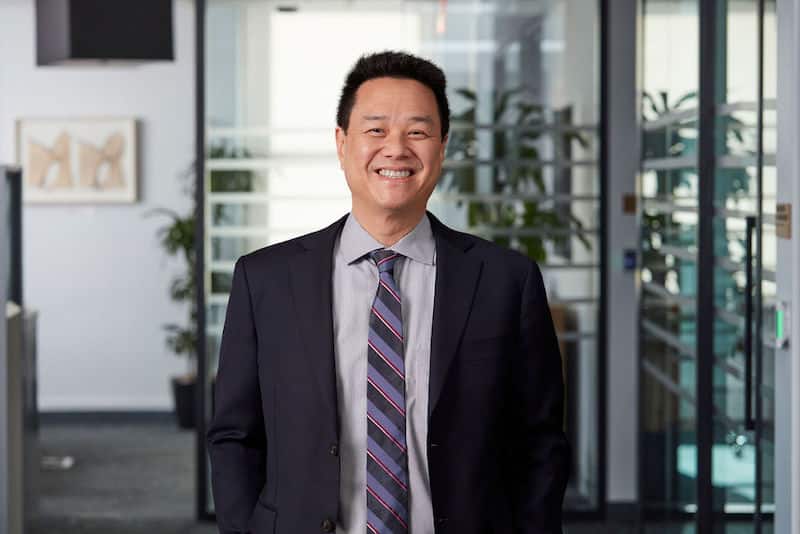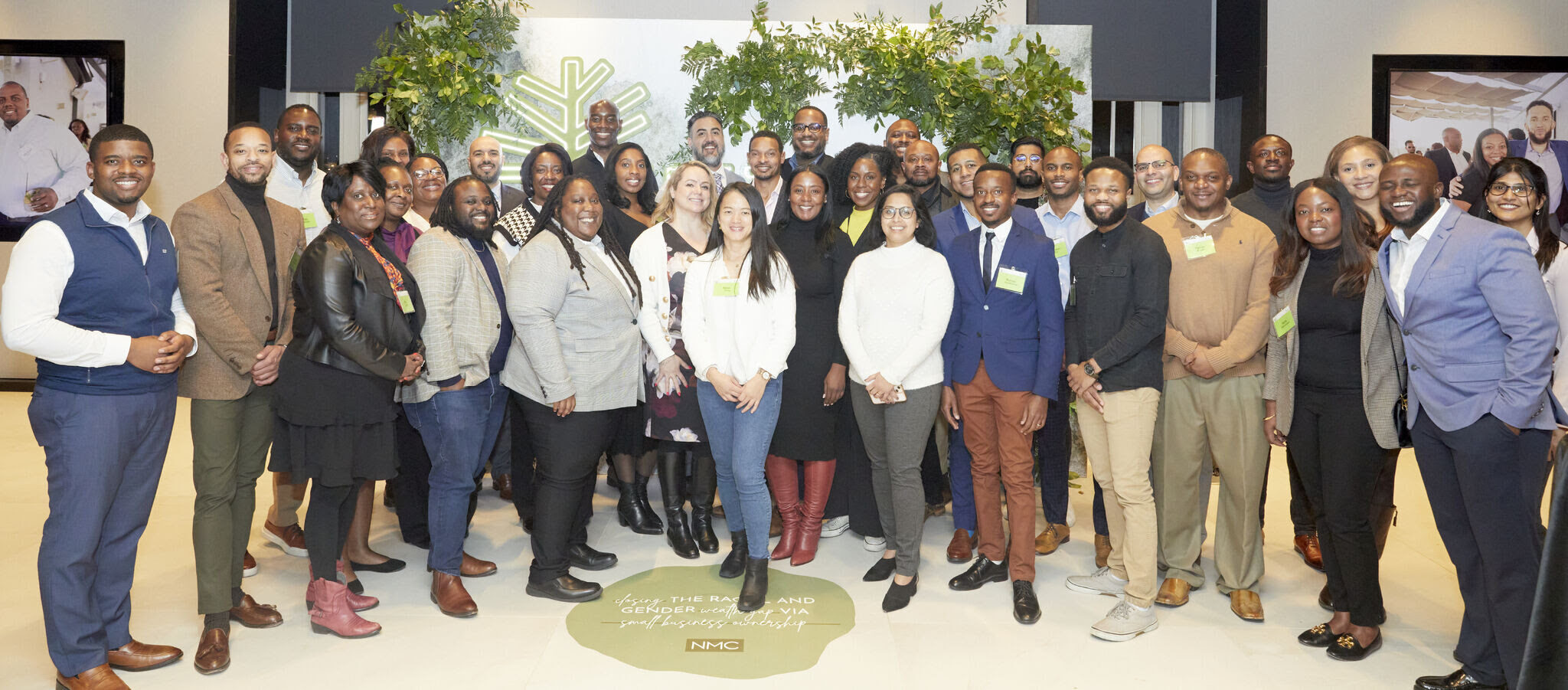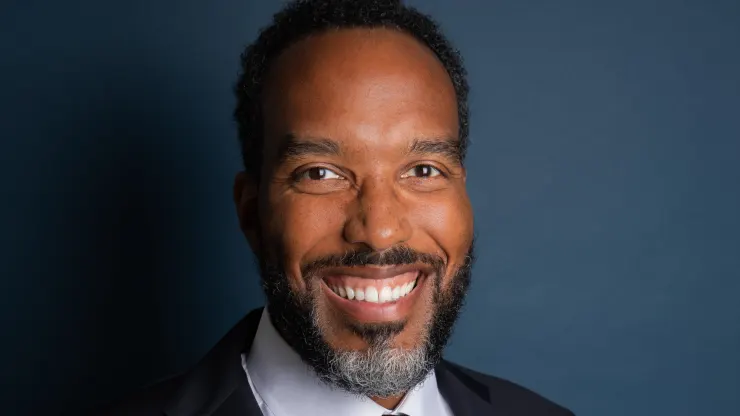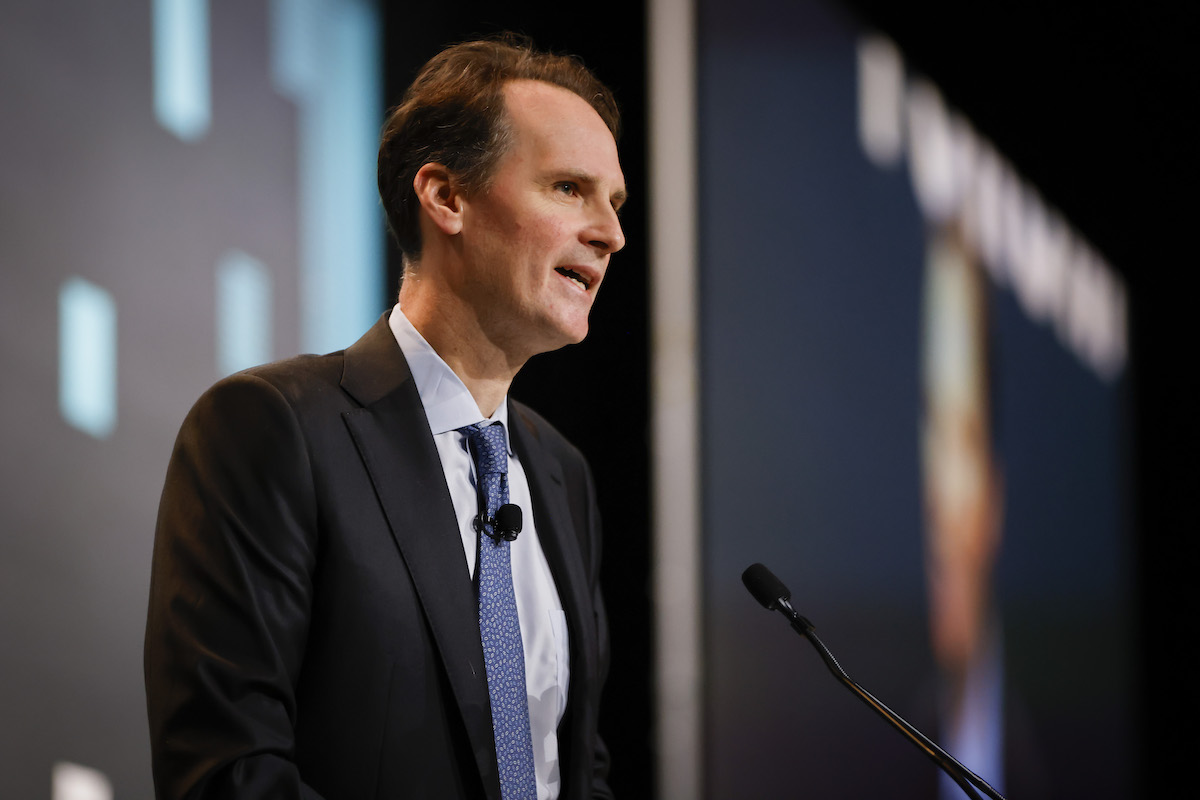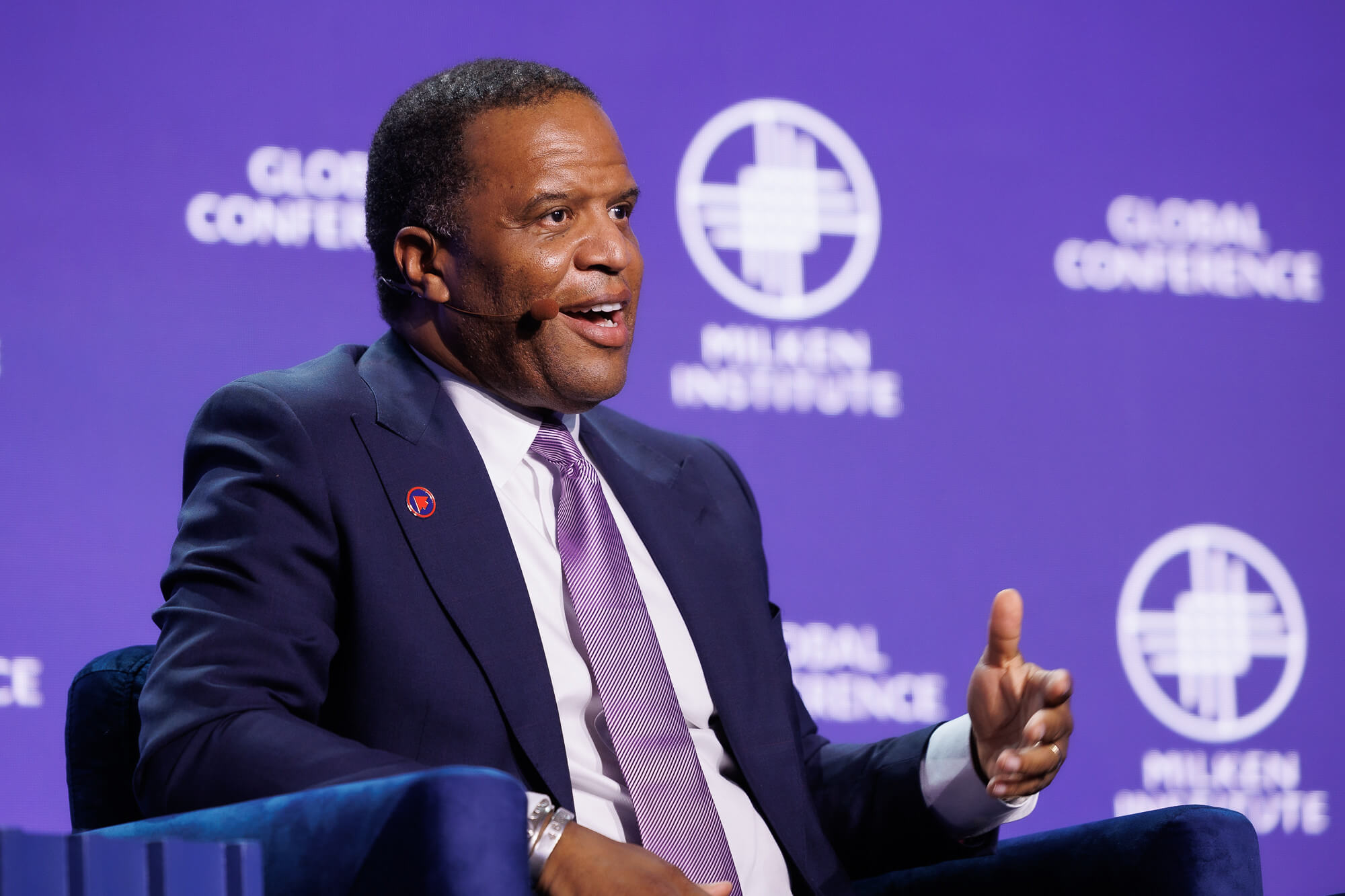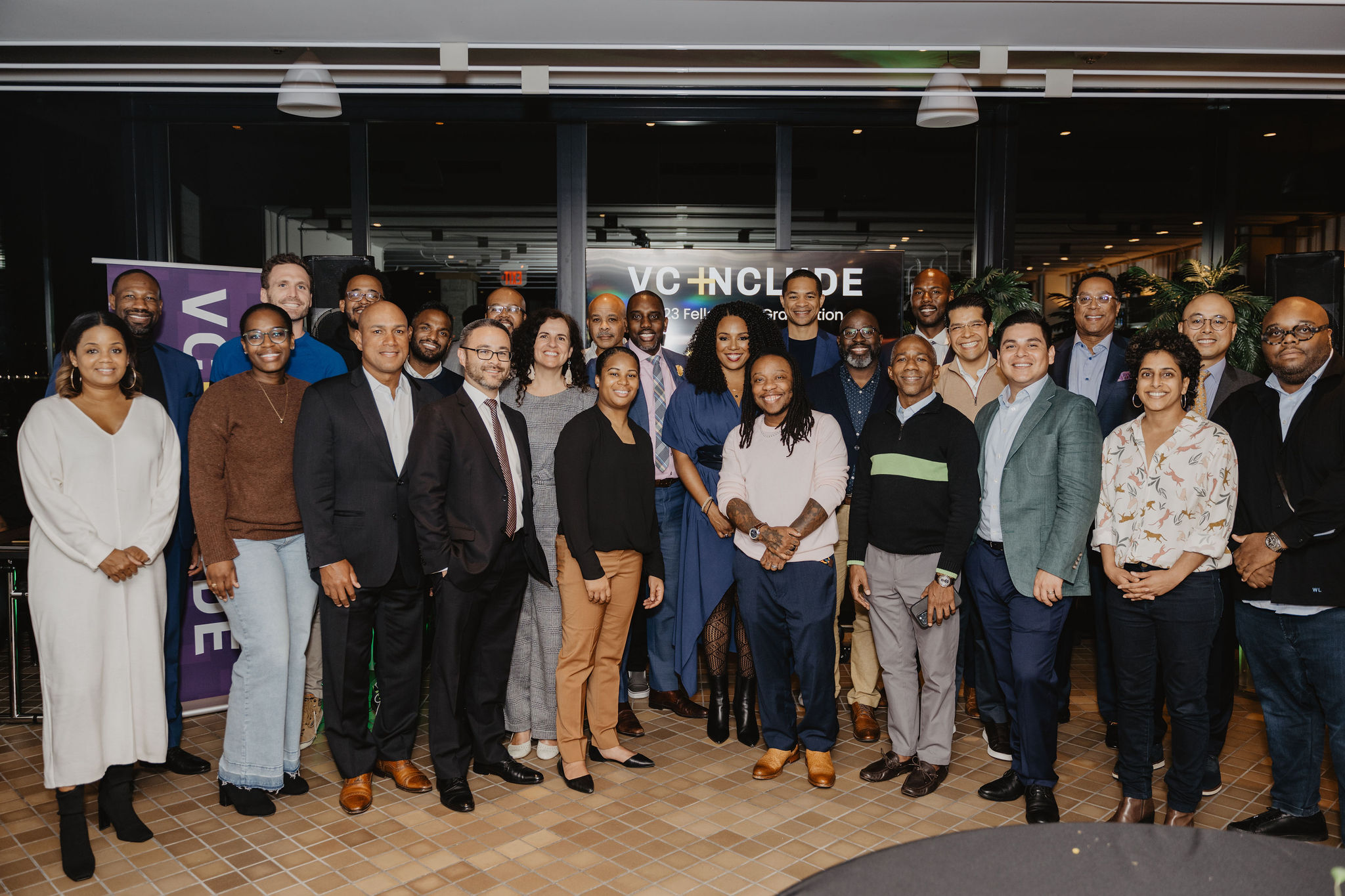When Impact America Fund launched in 2014, the first-time fund manager with a focus on creating economic opportunities in marginalized communities was perceived as too risky by some traditional investors. Surdna Foundation saw an overlooked opportunity in the Black women-owned VC.
The New York-based foundation backed Impact America’s two funds with program-related investments, a type of philanthropic investment that emphasizes the impact potential of the strategy. Last year, when Impact America announced its $112 million third fund, Surdna was again a limited partner, this time via a ‘mission-related investment.’ With an MRI, as they are known, the foundation’s investment team was placing as much confidence in the fund’s financial prospects as in its impact.
The “graduation” of Impact America Fund from a PRI to an MRI is part of an intentional effort by the Surdna Foundation to dispel conventional perceptions of risk in high-impact investment strategies.
Impact funds led by women and people of color aren’t high risk, says Don Chen, who has led the foundation since 2018. They’re ”dramatically overlooked“ and “tremendous opportunities,” he told ImpactAlpha in a wide-ranging interview on the foundation’s evolving impact investment strategy.
Impact alpha
Chen has the receipts. The foundation’s $100 million carveout for impact investments (split roughly 80/20 between MRIs and PRIs) has grown to $170 million when taking into consideration mission-aligned investments in public equities and other strategies from the broader endowment.
Along with Impact America, the portfolio includes investments in Founders First and Blackstar Stability Fund, as well as the first two funds from Illumen Capital, Vamos Ventures and Impact Engine.
The kicker: The impact portfolio, consisting largely of private market MRIs and PRIs, has outperformed Surdna’s broader endowment over a trailing five-year period, Chen revealed exclusively to ImpactAlpha.
Chen says the foundation is going “full steam ahead on our impact investing.”
Rights and responsibilities
Chen, the co-chair of the President’s Council at the US Impact Investing Alliance, says politically motivated efforts to undermine diversity, equity and inclusion, as well as the environmental, social and governance dimensions of investing, run afoul of Constitutional rights and free speech, and inadvertently shine a light on the importance of such strategies.
Conservative activist Edward Blum has sued the nonprofit arm of Founders First in a suit similar to the one Blum has brought against Fearless Fund and other grant programs supporting Black entrepreneurs.
“Philanthropic freedom, including the right to support certain populations and programs, helps everyone in America prosper,” Chen told ImpactAlpha. Investors, he said, have the right “to take in information that can help them address systemic risk.”
ImpactAlpha: In an earlier interview with ImpactAlpha, you said the goal of Surdna’s impact investing mandate was to make high-risk, high-return investments. What has that strategy looked like?
Don Chen: I would unpack the notion of high-risk, high-return in the following way. We have really examined our approach to impact investing and try to be very thoughtful about it. When we say high-risk, we mean high-risk for most conventional investors. For example, we may be investing in people of color or women-led firms or fund managers, who are dramatically overlooked in the industry.
We have put a lot of assets under management with those types of managers. We also are willing to do some unconventional things with regard to track record, so, a second fund, for example, or sometimes even a first fund, we may consider. In conventional terms, these may be regarded as high-risk, but if you look at the evidence, there is a tremendous amount of evidence that shows that these, in fact, are not high-risk. They’re tremendous opportunities.
ImpactAlpha: More like high ‘perceived’ risk.
Chen: High-risk perception, yes. We’ve gone beyond the $100 million. We’re now at about $170 million. We blew past the original allocation in a couple of different ways. Number one, some of what we call our impact investments actually just come out of our endowment capital. We’re not restricted from investing in socially impactful investments from our endowment, so we’ve just gone ahead and done that. Some of these might be specific ESG-oriented funds, or they may be fund managers of color, who have a long track record, or other investments like that. Some have “graduated,” which I think is an increasingly popular term.
ImpactAlpha: Yes! Tonya Allen at Mcknight Foundation was talking about investments graduating from the PRI to the MRI portfolio.
Chen: Exactly. Yes, so we’ve done graduation from PRI to MRI to endowment on a number of things. As an example, Impact America Fund has graduated.
ImpactAlpha: What is the reason some of these investments are graduating? Because the risk is, in fact, less than perceived and now you’re able to demonstrate that?
Chen: That’s exactly right. If they’ve been through a round of, let’s say, MRI and it’s been a successful experience, then our investment committee is ready to consider them for the regular endowment. And that’s part of our intention within the overall endowment management strategy.
The wonderful thing is that the last time we did a comprehensive review of performance last year, we found that our impact portfolio, made up of largely private market MRIs and PRIs, has outperformed the entire endowment.
Obviously, you have to take these performance figures with a grain of salt. It’s a point in time.
ImpactAlpha: Is there an investment category that has emerged as particularly impactful?
Chen: Early on in our impact investing strategy, we actually decided to really focus on a couple of strategies, and we decided not to focus on other ones. Our board and investment committee are in the middle of considering what’s next. So just to give you some examples. We decided to invest in things that support long-term sustainability, green tech, renewable energy, battery technology, those types of things. We also decided to work with fund managers of color and women fund managers. And, we also invest in other categories, ESG funds and things like that.
We decided not to do negative screening. Even though we have very diligently over probably 20 years decarbonized the entire endowment down to less than 5%. We haven’t made a public pronouncement about it but we have steadily made progress towards that. We decided not to do shareholder engagement. We don’t have direct investments. We have not done guarantees yet. But that’s something that we’re exploring. We have a pretty specific approach in terms of what we have been doing and hopefully the types of things that we’re going to explore going forward.
ImpactAlpha: Let’s drill down on the inclusive economy, a key pillar of the foundation. How are you investing to further an inclusive economy?
Chen: We have a grant making program called inclusive economies, as you know, and that actually has been quite nicely complemented by our impact investing efforts. If you look at the PRIs that we’ve made in the last number of years, the largest number of PRIs have been made in the inclusive economies arena.
Our PRIs have been focused on a couple of things. One main theme is to ensure that people of color in their communities have more ownership and control of assets. We’ve been working with a number of partners on that. One is the Blackstar Stability Fund. Their opportunity is to look at folks who have entered into agreements of contract for deeds for their homes. They are finding pools of these contracts for deed holdings, which are under regular regulatory pressure from a lot of different states, to try to basically over time convert these to conventional mortgages. There are a number of others that were engaged in that involve commercial properties and land and other other types of hard assets.
ImpactAlpha: Another one of Surdna’s investments, in Founders First, allows entrepreneurs to access capital while maintaining ownership.
Chen: Black entrepreneurs, or other entrepreneurs of color, are a dramatic wealth generating activity. We find that entrepreneurs of color tend to have 12 times the household wealth compared to the general population of people of color.
ImpactAlpha: We’ve been reporting on the attacks on diversity, equity and inclusion. Some of it has been public debates, but there’s also been lawsuits. Has any of this impacted the way you approach this work around inclusion?
Chen: We approach this in several different ways. Number one, we’re going full steam ahead with our efforts, which do prioritize economic inclusion of people of color and women. Full steam ahead on our impact investing and our grantmaking. These are activities that are protected by the Constitution, and if you’ve seen the Council of Foundations Amicus filing and also their statement about the Fearless Fund. They articulated what many of us know to be true about what foundations and other institutions can do to exercise free speech. We are not just going full steam ahead, but we’re really trying to deepen and expand our work in terms of social impact.
We’re also very focused with the US Impact Investing Alliance on public policy that supports impact investing. We’re also very focused on learning. The impact investing field has hit a trillion dollars, which is exciting. There’s a lot to learn from people’s experiences. We really believe in transparency and accountability and sharing the lessons so that the broader sector can be stronger. So those are a couple of ways in which we’re doing it.
Many of us who care about diversity, equity, inclusion, the environmental, social, governance, dimensions of investing, we also want to use our voices more and take collective action to stand up for these practices. Not just because we are free to do under the Constitution, but very importantly, because they generate great returns. These are ways to generate excellent financial returns because there’s tremendous opportunity out there. We want to make sure that investors have the latitude to be able to do that, to take in information that can help them address systemic risk. And also take advantage of untapped market potential and very talented individuals and companies that are doing this work.
ImpactAlpha: Philanthropy, and more specifically, impact investors, seem to be mounting a counteroffensive to the attacks. What does that look like at Surdna?
Chen: It’s very fluid. I do see a number of entities sticking to their guns in terms of their activities. Some firms, asset management firms, may be a little quieter on ESG goals, but they’re still doing it. They’re still offering the products, they’re offering the services and their clients are still demanding opportunities with them. Some have referred to that as ‘green hushing.’ I would like to think that this period is going to be temporary because there’s so much evidence that considering social impacts, ESG considerations, is very aligned with good business practices and generating robust returns for investors.
Inadvertently a lot those who are attacking ESG have shined a light on just how important it is. To think about these considerations, how important it is to manage not just your conventional risk-return dynamic with any given transaction, but also to think about social impact and more broadly systemic risk and society.
ImpactAlpha: In your earlier interview with David, you discussed Dr. Martin Luther King Jr.’s last book, “Where do we go from here: Chaos or community?” That was in the midst of the pandemic. It seems that choice still applies. What’s your case for taking the community path?
Chen: I am inspired by Dr. King’s quote and his life’s work every day. As I think about the community dimensions of investing, I think so much in the investment field has become detached to people’s everyday lives. Transactions are big. We have actors operating in global markets. Very often there’s not a deep understanding of how these investments will affect communities. If we truly want to get the double bang for our bucks, maybe even a triple-bottom line, thinking about how we can really maximize the value and benefit from how we invest our money, how we deploy our capital, we need to think about implications in our communities.
We’ve seen some very encouraging behavior. The Biden administration with its focus on Justice 40, which offers all kinds of opportunities for investors, but is really trying to target populations that have historically been overlooked. And historically, that disproportionately do not benefit from major government spending programs. That’s a very positive development. If you look at the reform of the Community Reinvestment Act, the amendments that were made recently, they help public policy that helps investing get closer to communities and positive benefit. There are a number of ways I see some greater movement to really try to inform our investment practices with what potential positive and negative effects that we can realize at the local level.
ImpactAlpha: Over the next five years, do you think you’ll be increasing the $170 million allocation to impact?
Chen: I’m going to be careful not to get ahead of my board. But I will say that there’s appetite and there’s interest in really understanding what’s next for us. There are many choices before us. We could potentially expand the set of tools that we adopt, like we were saying earlier, to include things that we’ve chosen not to do as far. We could potentially go for total portfolio integration like some of our friends and colleagues in the philanthropic sphere have done. And so there are a lot of choices ahead of us. The Surdna Foundation is exploring what’s next.

